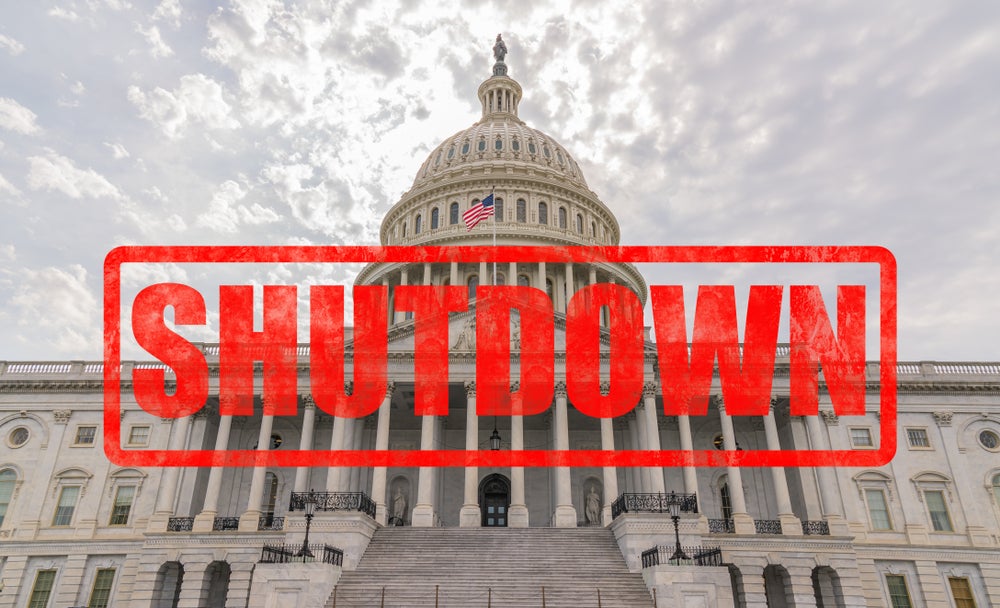
In a letter sent to US Department of the Treasury secretary Janet Yellen, Internal Revenue Service (IRS) commissioner Danny Werfel and every member of Congress, the American Institute of CPAs (AICPA) has detailed how an IRS shutdown during the tax filing season would harm the Service, taxpayers and tax practitioners. The letter also outlines recommendations to the IRS that could mitigate the long-term effects of a shutdown.
AICPA’s letter follows the signing of H.R. 6363, the Further Continuing Appropriations and Other Extensions Act of 2024, into law. H.R. 6363 is a Continuing Resolution (CR) that extends government funding at its current levels for operations of the Treasury Department, which includes the IRS. Based on the current “laddered” CR approach, continued funding for the IRS expires at midnight on February 2, 2024 – less than two weeks after the start of the 2023 tax filing season.
“Past experience has taught us that an IRS shutdown, especially between now and 15 April, 2024, will have dire consequences to the IRS, taxpayers and their practitioners. The longer the shutdown, the larger the backlog and other challenges become,” the letter says.
The letter goes on to express concerns that core tax administration functions such as Taxpayer Assistance Center operations, some refund processing and responses to paper correspondence from taxpayers would abruptly halt in the event of a shutdown. An IRS operating with limited functionality during the tax filing season would harm Americans of all income levels across the country – and the longer the shutdown lasts, the more the harm will compound.
Tax practitioners work in partnership with the IRS to ensure tax obligations are honored in a timely manner, which helps to ensure the nation’s finances remain strong. According to AICPA members, though there have been recent improvements to IRS services, processes are still not functioning at their normal levels, or even pre-pandemic levels. Adding an IRS shutdown will create more problematic issues, burdens and backlogs, similar to those created by the pandemic. Simply put, shutting down during the tax filing season would be disastrous to the country’s tax administration and revenue collection systems.
The AICPA recommendations to the IRS include:
· Update the current Contingency Plan to include filing season specific activities.
How well do you really know your competitors?
Access the most comprehensive Company Profiles on the market, powered by GlobalData. Save hours of research. Gain competitive edge.

Thank you!
Your download email will arrive shortly
Not ready to buy yet? Download a free sample
We are confident about the unique quality of our Company Profiles. However, we want you to make the most beneficial decision for your business, so we offer a free sample that you can download by submitting the below form
By GlobalData· Take an approach similar to the IRS Fiscal Year 2023 Lapse Appropriations Contingency Plan, in which the IRS excepted 100% of the IRS employees by using the provided supplemental appropriations available through Section 10301 of the Inflation Reduction Act (IRA), Pub. L. 117-169.
· Provide automatic extensions of notices and collections until 90 days after the shutdown ending date.
· Keep all online systems and accounts accessible to taxpayers and tax practitioners.
· Retain more Chief Counsel attorneys to provide detailed guidance to taxpayers to meet their reporting requirements.






